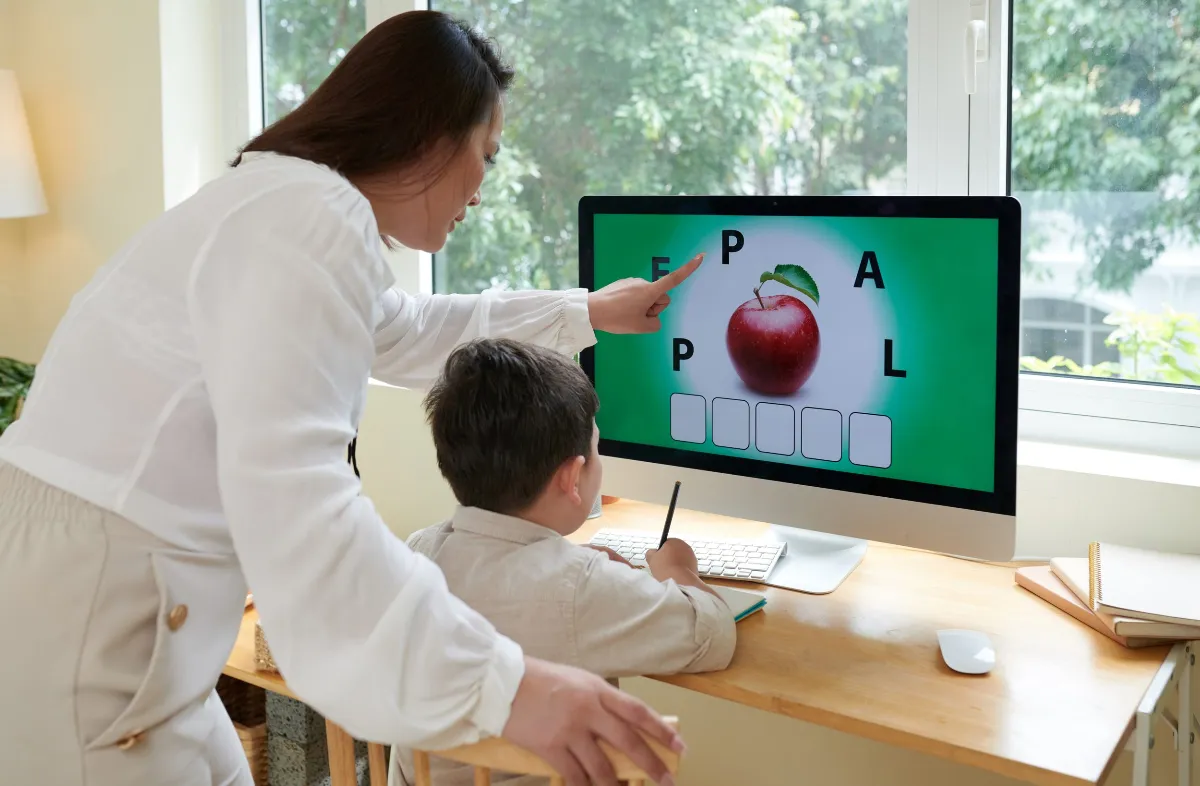10 Tips For Working Effectively With Your Child’s Teachers and School Administrators

Having an open and positive relationship with your child’s teachers and school administrators can ensure your child’s success in school. If you have tried these steps but hit a wall, it may be time to contact and hire Ballou Education as your special education advocate. Here are 10 tips for working effectively with your child’s teachers and school administrators:
1. Get to Know the Teacher
The best way to connect with the teacher is by attending parent-teacher conferences or scheduling a meeting. This allows you to understand how your child is doing in school, the teacher’s expectations, and how you can help your child succeed.
2. Communicate Regularly
Stay in regular communication with the teacher, whether through email, phone calls, or quick notes. This ensures you stay informed about your child’s progress and address any concerns promptly. Let the teacher know your expectations and what you hope your child gains from their education.
3. Build Relationships
Establishing a positive relationship with your child’s teachers and administrators is important. Introduce yourself, learn their names, and understand their roles at the school. Keeping communication open is key to a strong partnership.
4. Get Involved in the Classroom
Be involved in your child’s education by attending school events, helping with homework, and staying informed about classroom activities. Volunteering for classroom events builds rapport with teachers and offers a better understanding of the daily classroom environment.
5. Monitor Your Child’s Progress
Regularly check on your child’s grades and assignments to identify areas where they might need additional help. Being proactive will help you stay informed about their educational needs.
6. Be an Advocate for Your Child
Parents need to advocate for their children, especially in education. Be their voice when necessary, and ensure their needs are being met at school. If needed, refer to resources on how to be an effective special education advocate for your child.
7. Be Respectful
When communicating with teachers and administrators, maintain respect and professionalism. Building trust through positive interactions is key, and it’s important not to complain about others within the school environment.
8. Focus on Positive Progress
Rather than comparing your child with others, focus on supporting their individual growth. A positive attitude toward education will help your child develop a love for learning and a desire to achieve their goals.
9. Be Prepared
Before meetings with teachers or administrators, make a list of discussion topics and do your homework on the issues. This ensures your concerns are addressed and everyone’s time is respected.
10. Stay Open-Minded and Flexible
Keep an open mind when discussing feedback and suggestions from teachers. Understand that schools and parents are partners in a child’s education. While flexibility is important, there may be times when you need to stand firm. If you feel you’ve reached that point, give us a call.
11. Support Teachers and Administrators
Show your appreciation for teachers and administrators by treating them with respect and kindness. This mutual respect is essential to fostering a productive relationship that benefits your child.
These tips can help you build a strong, positive relationship while working with your child’s school teachers and administrators. If you find the school is not addressing your child’s needs after trying these approaches, contact Ballou Education at (602) 614-9002. By following these guidelines, you can ensure you are doing everything possible to help your child succeed in school.
Takeaway: Building strong communication and partnerships with your child’s teachers and school administrators is key to their success.